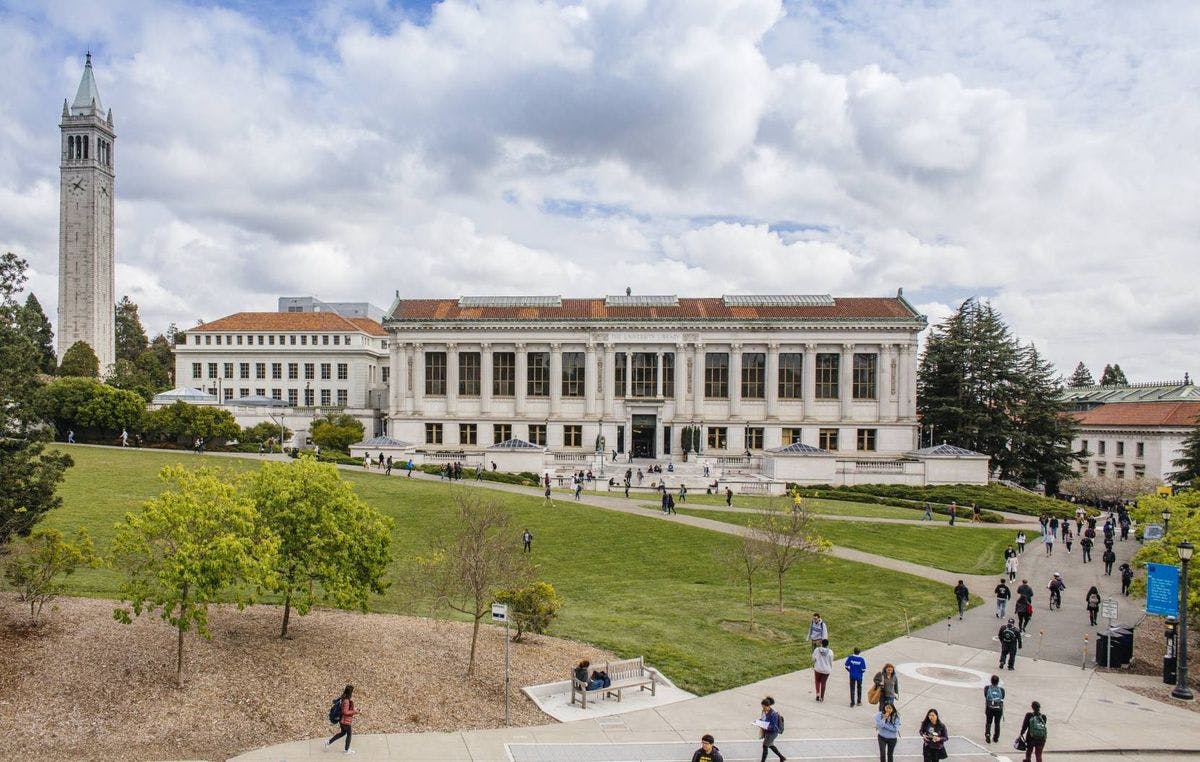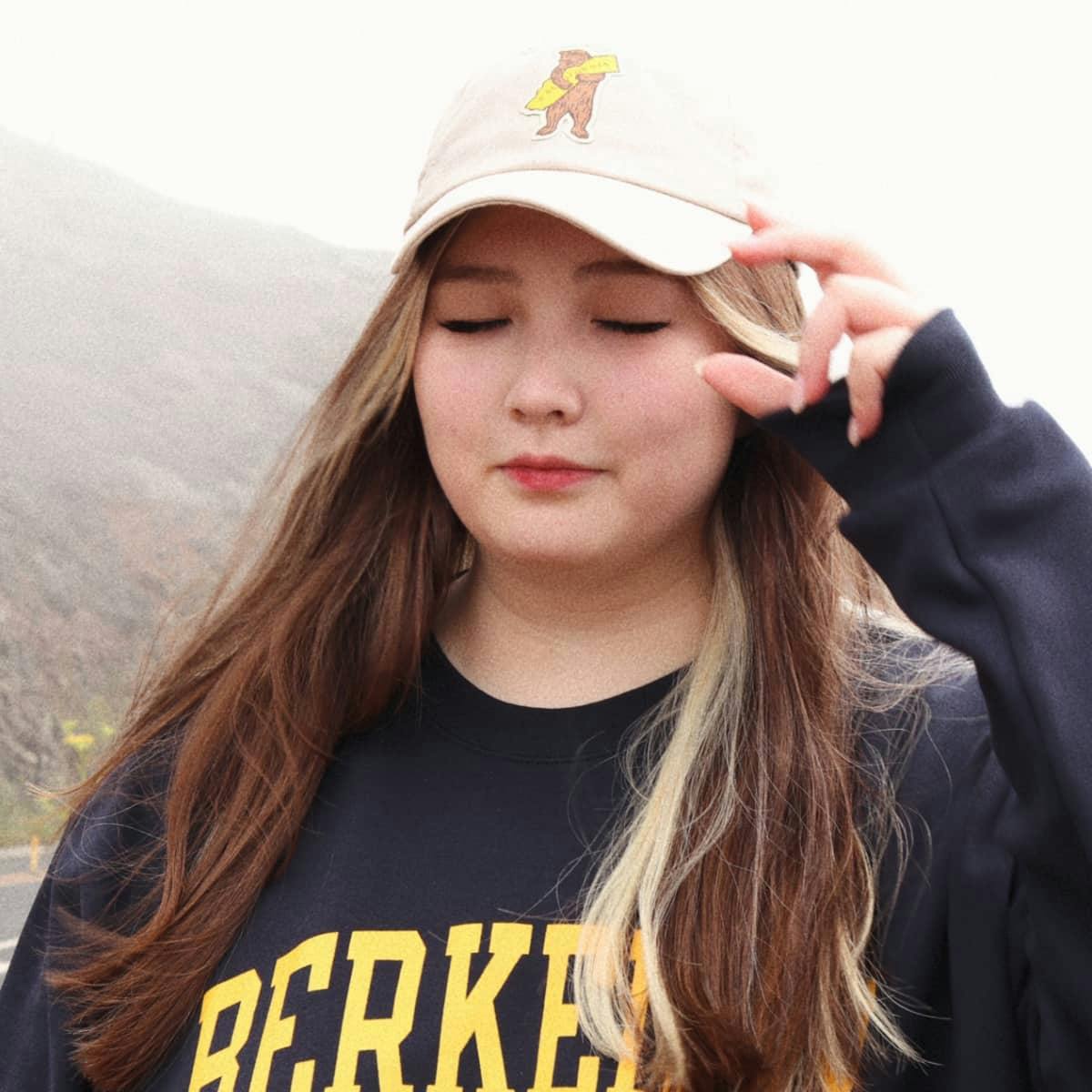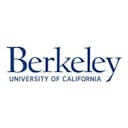High School Experience
Education has always been one of the most important parts of my life. In middle school, I successfully passed an entrance exam to the Nazarbayev Intellectual School of Physics and Math in Almaty. Acceptance to NIS was my biggest dream back then, which ultimately became the first milestone that showed me that any goal is achievable with hard work. Since my first day there, I have been surrounded by very smart and ambitious peers in a rigorous academic environment.
Since NIS had a complex program with various subjects that had to be studied simultaneously, my GPA (average grade) was around 4.8-4.9/5.0 when I applied to American colleges. Looking back, I'm happy with this result, but I definitely could have gotten better grades if I had put in more effort.
Of course, GPA is not the most critical factor for the admissions committee, but it still holds quite a significant role. Therefore, I would advise high school students to pay more attention to their application's academic side. Certainly, U.S. universities review all parts of the application holistically and prioritize the applicant's personality. However, grades are still important and can give the application an advantage.
Why I Decided to Apply to the U.S. Universities
I started considering applying to universities abroad after I witnessed many of my upper-classmen peers from Kazakhstan getting accepted into the most selective colleges in the world. I was inspired by their example and the thought of gaining international knowledge surrounded by people from all over the world.
Back then, submitting documents to foreign universities seemed distant and incomprehensible. Thankfully, many international applicants have proven that it is possible to accomplish that goal.

Exam Scores
I started preparing for the exam part of my application by taking the IELTS English language proficiency exam and scored 7.5 points after preparing for about a year. Proof of language proficiency from international applicants is still required; however, it is easier now as many American colleges accept the results of the Duolingo test. It is cheaper and can be taken online, which is definitely an excellent alternative for those who do not have the opportunity to take IELTS or TOEFL. For example, I got into UC Berkeley with Duolingo scores.
Another important exam for all high school students is the SAT. Fortunately, since 2020, almost all universities in America have been SAT-optional, so many do not require the SAT results for admission. In the past few years, I have learned many stories of people who got into U.S. universities with full financial aid without SAT scores, so it is definitely possible. However, it is essential to remember that the admissions committee has to determine the student's academic abilities and potential, so they will most likely pay more attention to applicants' grades and study-related activities such as olympiads and research.
When the test-optional policy was announced, I had already spent so much time preparing for the test that I had to pass it anyway. After several attempts, I passed the SAT with 1500+/1600. Along the way, I also had a mentor, @marat_pussurmanov, thanks to whom I have knowledge that helps even in college-level classes.
Extracurricular Activities
My application included many different extracurricular activities, most of which were related to economics. In high school, I started working with a professor of Economics, with whom I published a research paper on trends in e-commerce development in an international journal. I also had internship experience at companies such as AlmatyGenPlan, where I worked on construction plans for local areas. This experience served as a fundamental step on my career path and taught me the basics of work ethic.
Still, volunteering was the most significant part of my application. My community service experience was mainly based on providing accessible educational opportunities to children from Kazakhstan. I started in 2018 by teaching at the governmental project "Park of Languages," where I taught English to children in city parks.
Inspired by that experience, I founded my own charity project, "Indigo English," by collaborating with the crisis center for families and single mothers, "Baqytty Otbasy." There, my friends and I facilitated English classes for children by supervising a team of teachers, mentoring more than 50 children, and organizing lesson plans.
After these classes, many of our students improved their English and got accepted into selective schools with scholarships. The project's impact was so meaningful that we received a Letter of Recognition from Kazakhstan's Minister of Education and Science for our contribution to youth development.

Essays
The experience of teaching children and forming a special bond with them was so formative for me that despite the academic and career accomplishments I had on my resume, most of my essays were written about stories related to children and our English lessons.
Therefore, I believe that it is important to do what resonates in your heart without focusing too hard on being a perfect applicant. Through essays, admissions officers can feel the applicant's true interests and intentions. A sincere passion for the project and a desire to continue spreading a positive impact can make the essay more memorable.
At the same time, essays can make the entire application more consistent by connecting all parts. In addition to telling the applicant's story, essays have to show the admissions committee that the applicant's goals and beliefs resonate with the university's mission.
Many free online resources can help to craft great personal statements and supplemental essays. I recommend watching the videos of applicants who share their successful essays on YouTube. From my experience, CollegeEssayGuy's website, where he publishes guides to writing college essays, is also very helpful. My own essays were proofread by @aizhankul and @applywithdavid, who shared extremely valuable feedback that helped to shape my application.
Gap Year
During my first application cycle, I managed to get into three top 50 American universities and received about $200,000 for four years from each. However, I decided to stay in Kazakhstan for another year due to many factors, including my desire to gain practical knowledge after school. This decision was not easy for me as it was not typically made by students from my region, so I tried my best to make that time as productive as possible.
I continued volunteering, gained internship experience in local companies, and attended various creative courses to pursue my interest in art. At one of them, I created an oil paintings portfolio, which I attached to my college applications. I also gained valuable firsthand experience in business management by organizing deliveries of the small online business that I started with my sister.
Application Results
During my first application cycle, I made the mistake of applying to many selective universities without considering how suitable each university was for me. On top of that, my application was a mix of different unrelated activities that I should have explained through my essays. So, at the time I was applying for the second time, I paid particular attention to creating a balanced list of colleges based on my preferences and goals. For example, as I wanted to focus on economics and continue researching, I mostly applied to large research universities with strong Economics departments, such as UC Berkeley.
After I changed the approach, my college list transformed entirely, and I received acceptance letters from universities I knew were an excellent match for me. I got into UC Berkeley, USC, UCSD, UCSB, Boston College, Boston University, GWU, UNC-Chapel Hill and got waitlisted at Yale.
Tuition fees
UC Berkeley is a public university, which means that they receive funding from California taxpayers. As a result, California residents are able to pay lower tuition fees (~14,000 USD), while international students pay ~45,000 USD. Housing and other expenses can also get pretty high as California is known for its high living cost. It's important to note that UC Berkeley does not provide financial aid for international students.
My Experience at UC Berkeley
From my first minutes on campus during the orientation week for first-year students, I truly felt that Berkeley was where I belonged. Before coming here, I knew that as Berkeley is a large public university, it was easy to feel confused. Still, I felt welcomed by the campus community, with hundreds of student organizations and endless research opportunities.
Of course, there is a noticeable competition for these resources as UC Berkeley has more than 40,000 students, which makes admission to some clubs even more selective than admission to the university itself. However, such an environment became a source of motivation that helped me get together and go toward my goals while gaining new knowledge.
It is important to recognize that there will be no handholding in a university of this size, so it is essential to be responsible and plan ahead. For example, building close relationships with professors can be difficult, as some classes can range from 500 to 1000 students. However, it is still manageable as many professors and other faculty members are open to working with undergraduates. Moreover, many campus facilities can help with career counseling, resumes, cover letters, and job applications.
My adaptation period at the university went quite quickly thanks to a large community of Kazakh and Russian-speaking students who welcomed freshmen and showed us around the campus. The university also hosted an orientation week where all first-year students got to know each other and explored the Bay Area together.
The only initial difficulty I experienced was speaking English outside of the academic setting, as it was my first time in an English-speaking country. Even though my academic English was good, it seemed unusual to talk to English speakers on informal topics without sounding too formal. However, over time I got used to the new surroundings thanks to the support from the people I met along the way, including my wonderful professors, friends, and roommate.
Starting to study abroad is a massive step on the way to a new life that brings about many changes in what surrounds you and within you.

Advice for Applicants: Start Early!
From my experience, it can be frustrating to start working on some parts of the application, which might make applicants postpone the preparation of some important documents to the last moment. During my first application cycle, I made the same mistake. As a result, I had to ask for letters of recommendation from teachers a few weeks before the deadline and write essays in a rush, which lowered the quality of my application.
Choosing the optimal timeline would help to avoid these mistakes. For example, it could be helpful to ask for letters of recommendation and transcripts from school in the summer and brainstorm topics for college essays during the junior year of high school. Those applying for financial aid and scholarships would also need to pay special attention to financial documents and involve parents in filling out the CSS profile.
When I was applying for the second time, I considered my previous mistakes and started early. As a result, I could pay much more attention to my essays and carefully think through the application without stress.
Another point I learned from my college application experience is that it is okay to be vulnerable and share your concerns with those around you. My family was there for me throughout the process and provided loving guidance, which I will forever be grateful for. My friends also supported me all along the way despite going through the same process themselves.
Many other applicants might feel the same way during their application journey, which is completely normal. If you do, feel free to reach out to me with any college-related questions, and I will try my best to help!



